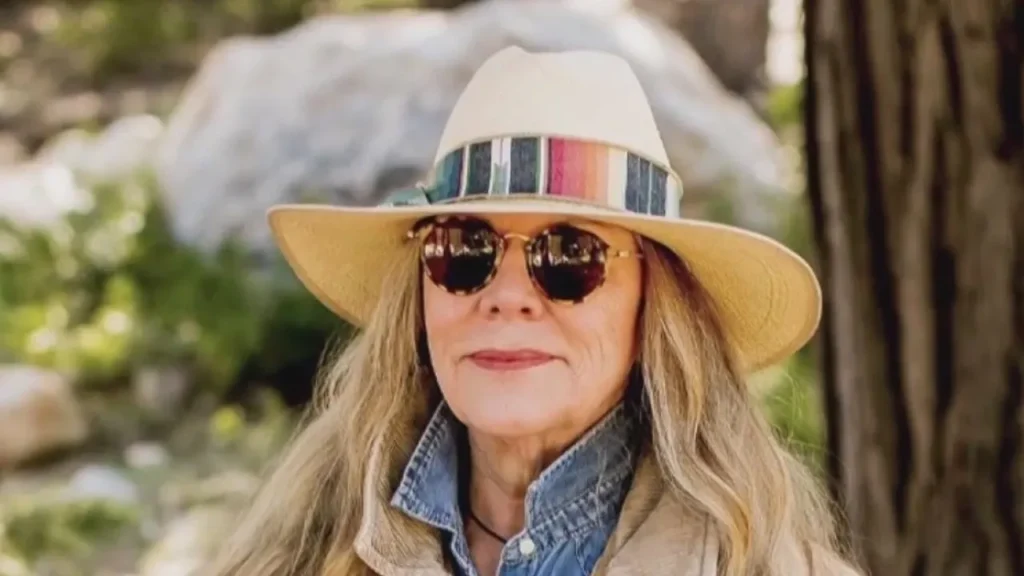Newsmatro

The LGBTQ community and its allies are grappling with a troubling surge in hate-fueled violence, with recent incidents shedding light on the devastating repercussions of prejudice. Lauri Carleton, a store owner in Southern California, lost her life after being shot over a Pride flag display. In Brooklyn, O’Shae Sibley, a gay man dancing to Beyoncé, was fatally stabbed, prompting a hate crime investigation.
These chilling events unfold against the backdrop of increasing anti-LGBTQ legislation and a highly polarized election season. Experts emphasize that hate breeds violence and that confronting hate is imperative for survival.
“I cannot predict the future. But I do think we should be prepared for this grim trend to continue before it gets better,” warns T.M. Robinson-Mosley, a counseling psychologist.
Politics and the Struggle for Nuance
In the United States’ polarized political landscape, subtlety often takes a back seat. Issues are framed in stark terms of good versus evil, despite the presence of moderate viewpoints. Data cited by the Human Rights Campaign reveals that 64% of likely voters believe there are too many bills aimed at curtailing the rights of gay and transgender individuals.
Psychologist Reneé Carr stresses that understanding someone’s identity is not a prerequisite for supporting them. Carr asserts, “Combating hate is not ‘all or nothing.’ You do not have to agree with someone or believe what they believe to protect them against hate.”
While hate transcends political lines, Brad Fulton, an associate professor, identifies a pivotal moment in the modern era of hate speech and violence. He notes that since the Unite the Right rally in Charlottesville, the failure to swiftly and unequivocally denounce violence has emboldened individuals to express their hatred through violent acts. “They feel justified in expressing their grievances through violence,” Fulton observes.
The Psychology of Hate and Violence
Individuals who commit acts of violence driven by hate may grapple with untreated mental health disorders. However, it is crucial to recognize that bigotry and hate are not diagnostic criteria for any mental health disorder, according to licensed clinical social worker Chase Cassine. Research indicates that hate crimes are more likely to turn violent when they target specific groups based on gender and sexual orientation.
Sarah Kate Ellis, CEO of GLAAD, underscores the surge in threats faced by LGBTQ individuals in the U.S. The recent uptick in anti-LGBTQ rhetoric coincides with high-profile acts of in-person violence and the highest number of anti-LGBTQ bills proposed in modern American history, making it increasingly challenging for LGBTQ individuals to lead safe lives.
Coping with Hate’s Consequences
Responses to the consequences of hate vary among individuals, akin to the responses to grief. Robinson-Mosley notes that it is normal to experience intense fear, shock, confusion, numbness, and overwhelming emotions in the aftermath of such events.
Addressing these emotions involves talking about the incidents, engaging in brain-stimulating physical activities, and maintaining proper nutrition. Seeking mental health care as needed, or establishing care in advance of traumatic events, is crucial.
Once individuals have tended to their well-being, speaking out becomes a powerful means of combating hate, whether as part of the affected community or as an ally. This includes holding leaders and elected officials accountable through direct communication or social media advocacy. Silence, experts caution, allows hate to thrive.
“Our voices are especially powerful,” says Robinson-Mosley. “We are at an inflection point where there are more progressive and positive sentiments about the queer community than ever before. But this stands in stark contrast to the rhetoric, violence, and legislative landscape we are witnessing.”